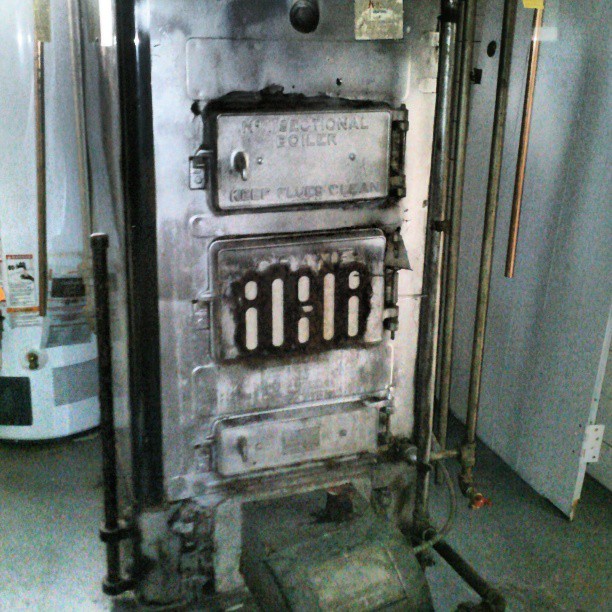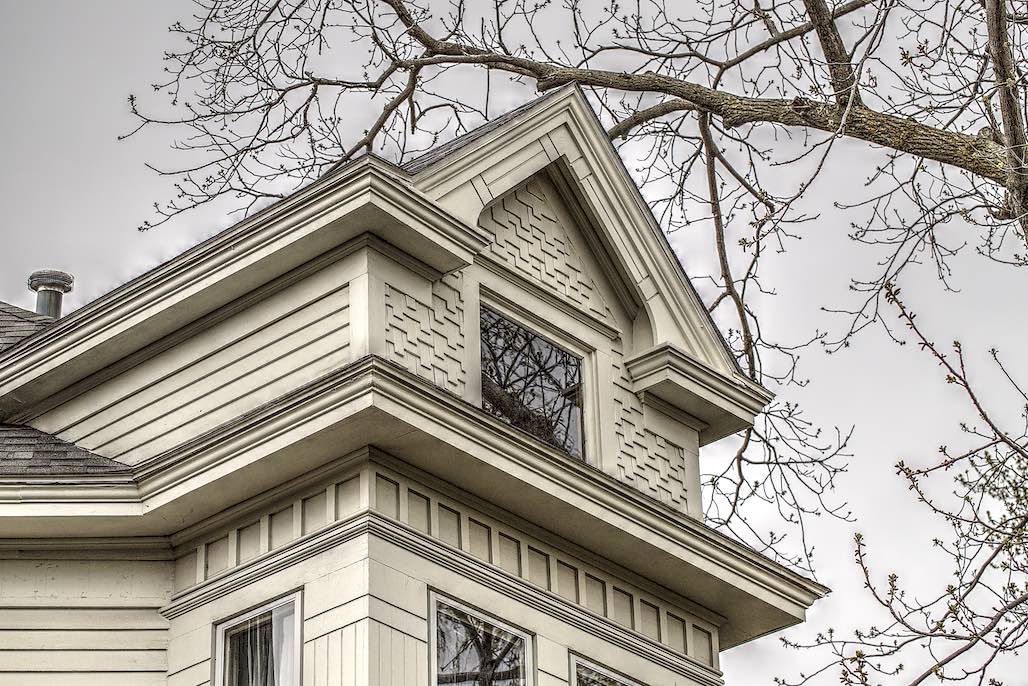I read an article about Millenials who are giving up on homeownership. I remember feeling that way myself back when interest

rates were in the double digits. Houses were less expensive back then but those mortgage payments were killer.
Wages have not gone up as much as houses have and housing is more expensive than it was when I was a first-time homebuyer. We wanted a house very badly. We never gave up and eventually, we were able to buy a house.
We got some help though. We were able to get down payment and closing cost assistance. That is why I have a link over the right to a resource for various grants and loans for cash-strapped home buyers. There is money out there and the site will help you find it. Click here to see if you are eligible. I have worked with numerous clients over the years who have used the programs on the site.
Also, ask your lender about programs for first-time homebuyers.
Don’t give up.




